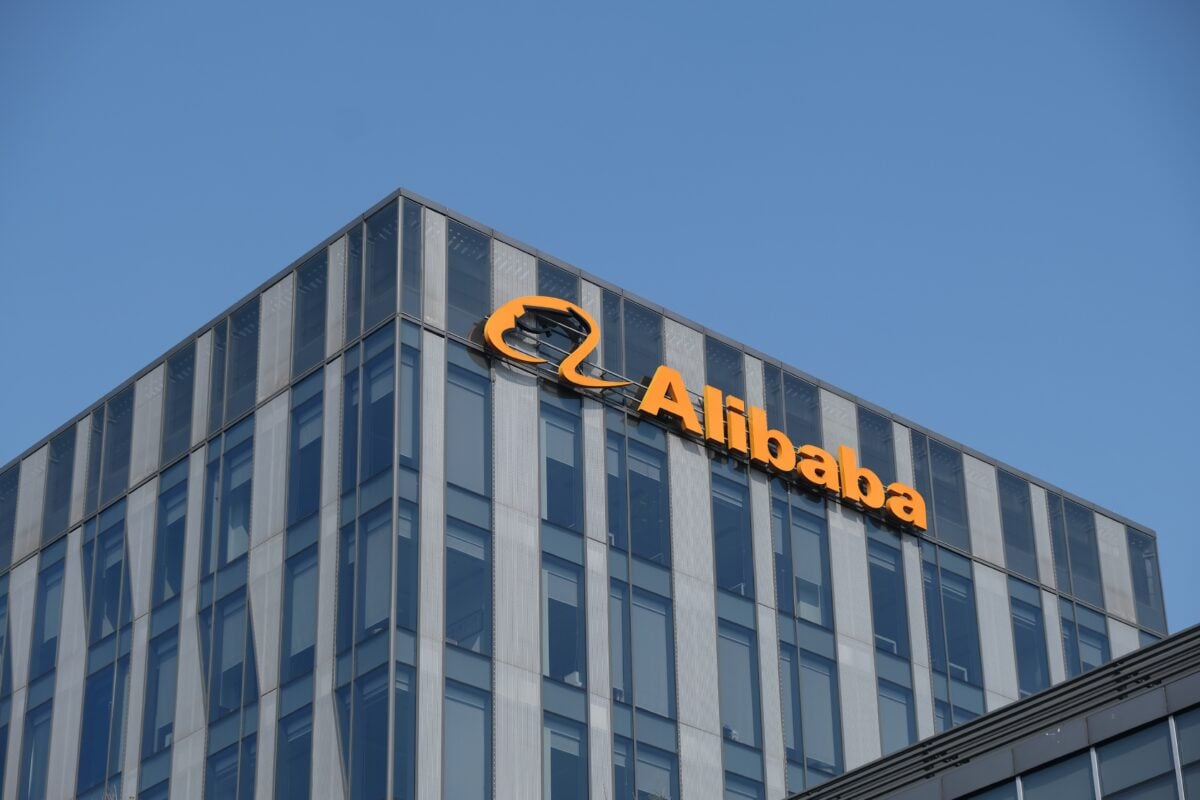TLDRs;
Contents
- Alibaba’s pre-market stock price rose by 1.27% after a record-breaking delivery day.
- The surge followed large-scale promotional campaigns across multiple e-commerce platforms.
- Taobao Shangou saw a 15% increase in daily active users, reflecting a strong consumer response.
- Analysts see quick commerce as the latest evolution in retail, reshaping long-term buying habits.
Alibaba Group is back in the spotlight after achieving a staggering 80 million same-day deliveries on July 11, a milestone that matched its all-time record.
The surge in activity, confirmed in a company statement released July 14, sent the company’s stock up in pre-market trading by 1.27%, hitting $108.06 after closing at $106.72 the previous session.
This delivery spike came on the heels of a weekend packed with flash promotions and limited-time giveaways, with Alibaba’s Taobao, JD.com, Meituan, and Ele.me all competing aggressively for customer attention. The campaigns were designed to deepen user engagement in China’s increasingly competitive quick commerce market, where consumers are responding favorably to instant gratification and surprise deals.

Taobao Shangou Gains Traction as User Base Surges
Taobao Shangou, Alibaba’s real-time retail arm, saw an immediate impact from the promotions, with daily active users climbing by 15% to reach around 230 million. The brand positioned itself as a frontrunner in the instant delivery segment by emphasizing not just speed, but also value-driven incentives like surprise coupons and exclusive discounts.
These promotions, including free milk tea and steeply discounted late-night crayfish servings, were key drivers in motivating consumer behavior.
The numbers reflect not just temporary excitement but growing interest in platforms that offer immediacy in both selection and service. Consumers are increasingly adopting a mindset where convenience, speed, and affordability are non-negotiable.
Fast Delivery Culture Mirrors Global Retail Disruptions
What’s unfolding in China’s delivery space has parallels in global retail history. From FedEx’s overnight delivery model in the 1980s to Amazon’s launch of Prime’s two-day shipping in the early 2000s, retail has repeatedly evolved through acceleration. Quick commerce now takes that to another level, compressing delivery times from days to minutes and fundamentally shifting consumer expectations.
These rapid shifts are not merely marketing experiments. Research suggests that once customers experience a faster, cheaper alternative, they rarely revert to slower services. Alibaba and its rivals are not only capitalizing on this trend but also shaping the next generation of consumer behavior, one driven by instant access and digitally powered logistics.
Retail Transformation Goes Beyond Discounts
Beyond the headlines and stock movement lies a deeper transformation in how retail is structured. Physical stores are adjusting to accommodate the surge in online orders, with some even pausing walk-in service to focus exclusively on fulfillment.
Logistics ecosystems, employment models, and fulfillment strategies are being rebuilt to prioritize micro-delivery and rapid response. For Alibaba, JD.com, and others, the challenge is not only in winning promotional battles but also in making their instant commerce strategies economically sustainable. What began as a price war may very well end in a redefinition of retail itself.


